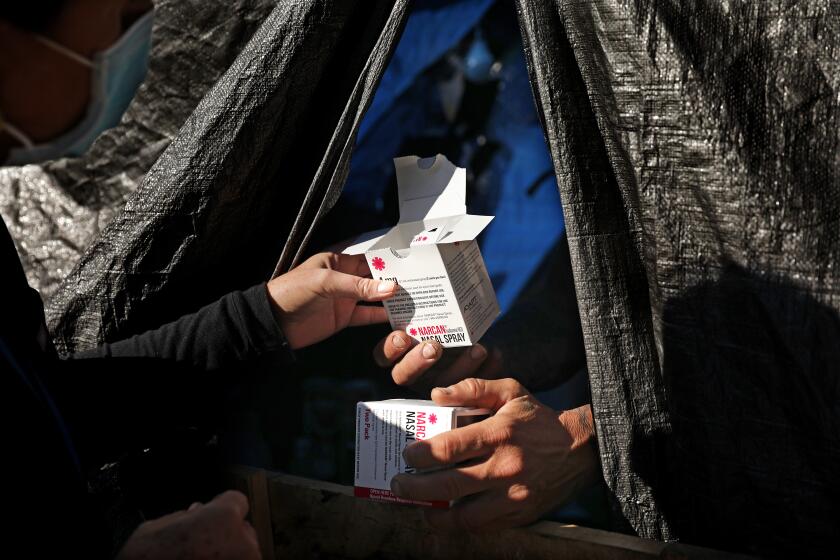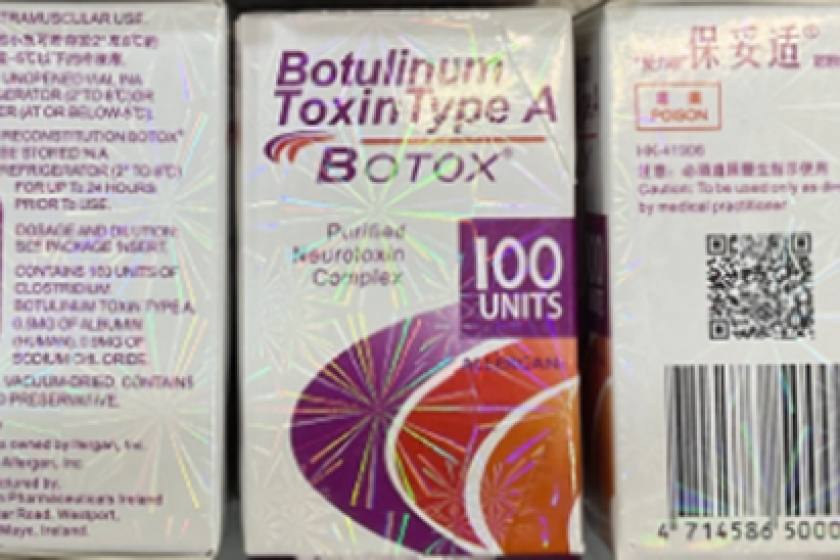Avastin and Lucentis equally effective in trial against wet macular degeneration
Avastin, the anti-cancer drug already widely used off-label by physicians to treat the wet form of age-related macular degeneration, is as effective as Lucentis, the gold standard for treatment of the disorder, researchers said Friday. The first head-to-head study of the two drugs could be a step toward Food and Drug Administration approval to market Avastin for macular degeneration, which would lead more insurance companies to reimburse patients for its use. Potentially more important, Avastin is much cheaper than Lucentis -- costing about $50 per injection compared with $2,000 per injecton for Lucentis.
Age-related macular degeneration is the leading cause of blindness in the Western world. Victims of the disorder lose sight in the central portion of their eye, which is the most important portion for reading and other activities. About 1.25 million Americans have the condition, and about 15% of them suffer from the wet form, in which blood leaks out of vessels in the eye, clouding vision. Vision loss is far more severe with the wet form.
British researchers reported in June that Avastin is significantly better than standard medical care for treating the condition. They did not compare it to Lucentis, however, because that drug was not available in Britain when they began the study.
In the new trial, reported online in the journal Eye, Dr. Manju Subramanian of the Boston University School of Medicine and his colleagues enrolled 22 patients with wet age-related macular degeneration . The patients were randomly assigned to receive either Avastin (2/3) or Lucentis (1/3). After a year of follow-up, the team reported, there was little difference between the two groups. Vision for both groups improved by an average of about 1.5 lines on the vision testing chart and only one patient, who was in the Lucentis group, had a significant deterioration in vision. The only significant difference between the two groups was that Avastin patients required eight injections over the year, while Lucentis patients required only four. The results call for larger studies, Subramanian said.
The study was funded by the Veterans Affairs Boston Healthcare System in Jamacia Plain.
Thomas H. Maugh II / Los Angeles Times



